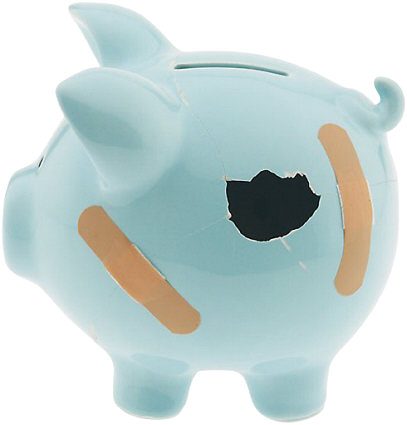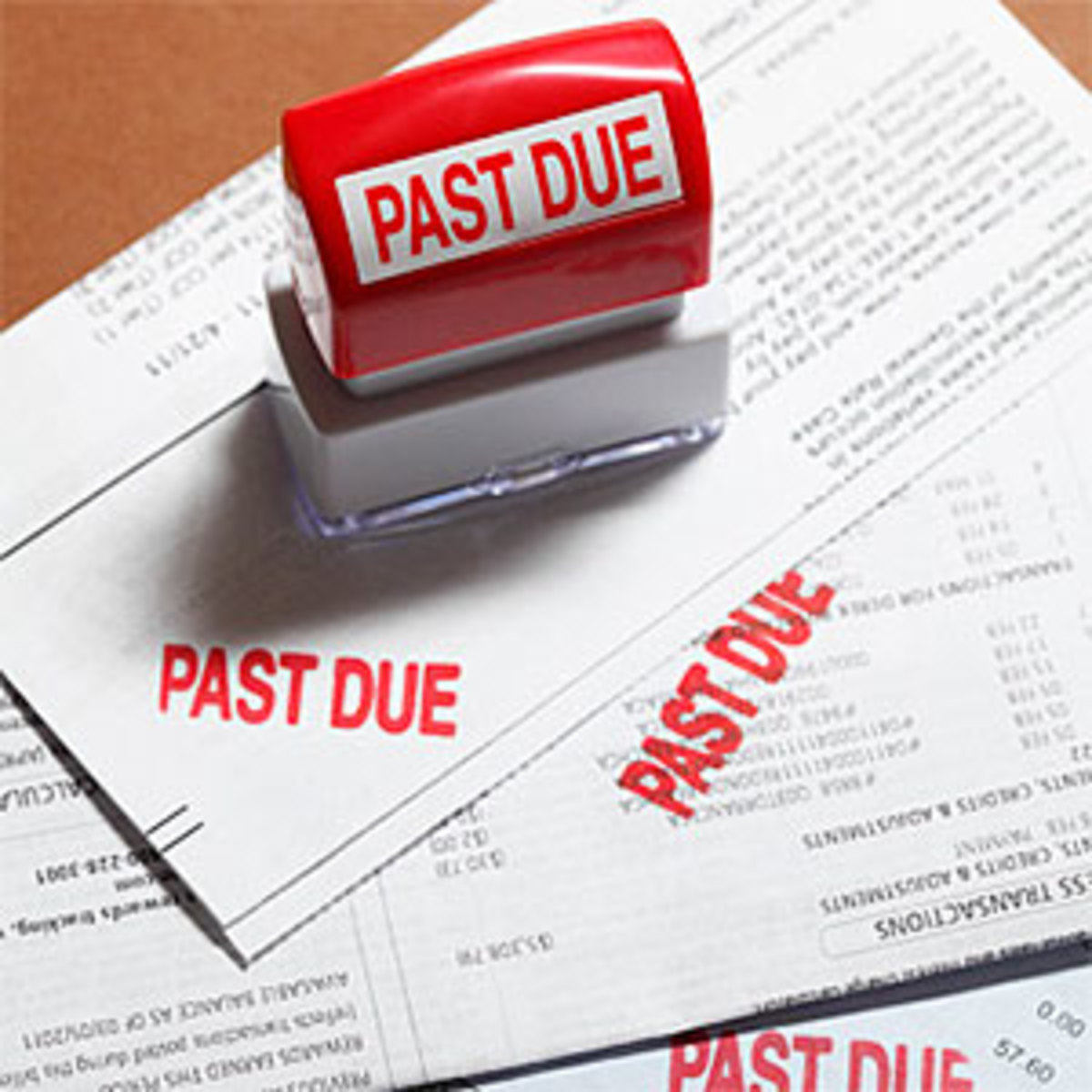Questions About Getting out of Debt Through Bankruptcy

Common Bankrutcy Questions
- Who will know? Bankruptcy is filed in public records. Not everyone checks public records. Your neighbors probably won't know unless you tell them. Future employers will be more likely to find out if they do a background check. It will also be on your credit record for at least 7 years, so anyone who checks your credit will also know.
- Will I ever be able to get credit again? Absolutely. Once your bankruptcy is filed you will get more credit offers than ever. There are many companies that (for a little more interest and fees) are very happy to lend to people who have just gone bankrupt. They do this because you can't file for bankruptcy again for 7 years, so they feel it's a good investment (for them). You can rebuild your credit by paying any new credit accounts on time. Contrary to popular opinion, your credit rating will also go up if you don't use credit after your bankruptcy. As the years pass, your bankruptcy will have less effect on your credit score. No new credit accounts will give you a better credit score after bankruptcy than a spotty payment history.
- Will my creditors stop harassing me? Yes. They are required by law to quit calling you once you file for bankruptcy. You will have a "meeting with creditors" where they can attend and tell the judge why their account should not be discharged. Once you notify them that you are in bankruptcy any other phone calls or collection attempts should stop.
- How will this affect my spouse/children? In common law states your spouse may become responsible for debts discharged in your bankruptcy. Your bankruptcy is personal. It will not involve other members of your family unless they have co-signed for your debts.
- How much does it cost to file bankruptcy?Filing fees will vary from state to state, but run about $300. A bankruptcy lawyer will cost about $1000. Most people find that a lawyer can save them more than $1000 during a bankruptcy because they understand the law and what can be exempted from the filing. (For example, you do not have to lose your home in a bankruptcy. A lawyer can help make sure you don't.)
Mistakes to Avoid in Bankruptcy
Types of Bankruptcy
Chapter 7 Bankruptcy
This is the kind of bankruptcy most people think about. It discharges your debts and gives you a fresh start.
A chapter 7 bankruptcy is not easy. You will be required to give up any cash on hand, sell any assets of any real value, usually with the exception of your house. In general, anything that is worth more than you owe on it may be sold to help pay for your debts.
The court will then take the amount of money from this liquidation and distribute it to your creditors. This payment by the court discharges the debt and they can no longer try to collect any payments, interest, fees, or penalties from you.
Chapter 13 Bankruptcy
Less well-known, a chapter 13 bankruptcy does not discharge your debts. It is more like a loan consolidation or loan modification that is overseen by the court. A reasonable payment schedule is set up and you will be expected to make payments on time (3-5 years) until your debt is repaid.
Some people choose chapter 13 because they have assets they don't want to lose during bankruptcy. A new car would be an example of an asset that would likely be lost in a chapter 7 bankruptcy.
Other people are not eligible for a chapter 7 bankruptcy because they have a steady, reliable income that gives them enough extra money to make some reasonable payments on their debts.
What to Expect in Bankruptcy Hearings
Why Do People File Bankruptcy?
The top reasons that people file for bankruptcy are often situations that are out of their control.
MEDICAL BILLS: One of the most common causes of bankruptcy are high medical bills. These usually follow some kind of accident, or getting diagnosed with a serious illness. Sometimes these medical problems are compounded by the inability to continue working.
UNEMPLOYMENT: Most financial experts recommend saving enough money to get by for about 3 months. Even responsible people who are able to follow this advice can find themselves bankrupt after extended unemployment of 6-12 months.
DIVORCE: When people get divorced they are often making a change from living on 2 incomes to just one. There are cases where one spouse will get to keep an asset, while the other spouse gets to keep the payment book. Whatever the specific details are, life after divorce can create more expenses than income and for some people bankruptcy is the only option to find relief.
I hope you can see that these are not bad people. Most people have serious life changes that are all or at least partially out of their control. These changes in income and expenses create an imbalance that they cannot fix without bankruptcy.
Most people in bankruptcy have not gone out and charged up their credit cards with the idea that they could just declare bankruptcy and not have to pay back their debts. Most have been living on credit that they thought they could afford to repay... until the unexpected happens.


Why Sholudn't I File Bankruptcy?
First of all, if you still have valuable assets, you will lose them. Consider whether you have anything that you don't want to part with. Your car? Your grandmother's jewelry? Investment property?
For people who are not truly destitute, bankruptcy can be very painful as any asset of value may be liquidated by the court.
Bankruptcy is the worst thing you can have on your credit report in terms of lowering your credit score. It's not impossible to recover and have a better credit score than before your bankruptcy... after 3-5 years.
If you are considering buying something on credit (especially a house) then declaring bankruptcy will probably force you to postpone your plan for a few years while you get your finances in order.
Bankruptcy will follow you the rest of your life. Even after your bankruptcy has dropped off your credit report (about 7-10 years in most cases) you may be asked by potential employers or lenders if you have ever filed bankruptcy. Lying would be considered fraud.
People will judge you, sometimes unfairly, for having "taken the easy way out" of your debts. This may include your family and friends.
Bankruptcy is not a step to be taken lightly.
Bankruptcy Exemptions
Some of your bills may not be eligible for bankruptcy. Some things your bankruptcy won't discharge include:
- Student Loans (*unless you can prove undue hardship*)
- Taxes (or other money you may owe the government)
- Child support and alimony
- Any credit on "luxury" purchases in the last 90 days. (A TV is a luxury, milk and bread are not)
- Money owed for an accident settlement involving DUI.
There are a few others as well. This is one of the reasons you would want to consult with an attorney before filing bankruptcy. Most bankruptcy attorneys wil give you a free initial consultation that will uncover any non-dischargeable debts you may have.








